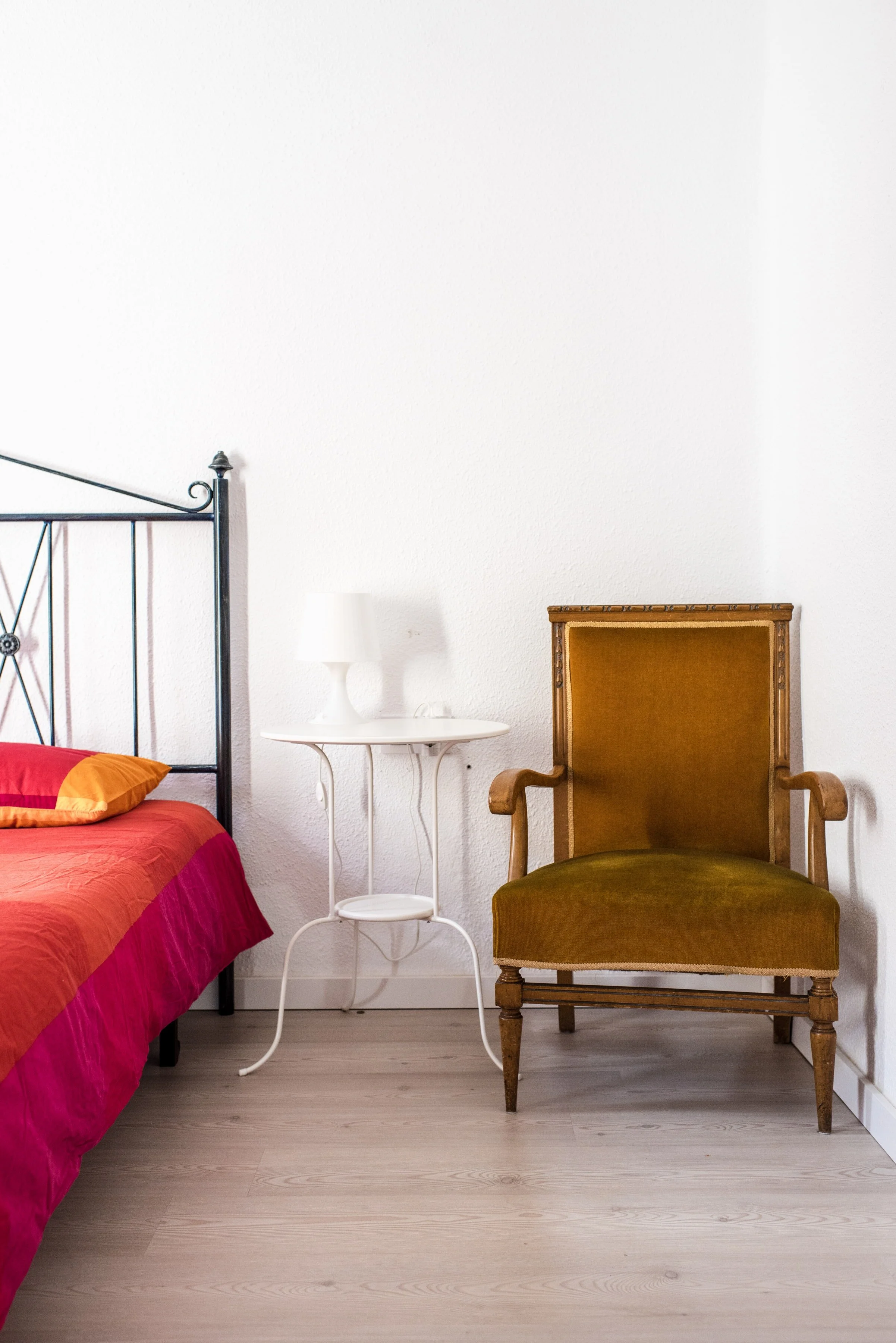Welcome to Anjie’s Favorite Things!
Each month, we highlight products to help you create a holistic lifestyle that inspires and nurtures you, so that you can be happier and feel supported.
It’s already really starting to feel like fall, here in NYC. I can't believe it! We've had a long, warm summer, but the weather is beginning to get cooler and crisper, and soon we'll be switching walks in the park for snuggling up indoors. That's why this month's My Favorite Things is all about getting cozy! We put some thought into the necessities for a staying warm in the fall air, and here's what we came up with.
Disclosure: This post may contain affiliate links, meaning I get a commission if you decide to make a purchase through my links, at no cost to you.
Sun Yantra Mandala for Radiance & Warmth
I love mandalas as a way to add a certain energy or intention to a room. This Sun yantra mandala is perfect for warming up your space as the weather cools off!
The Sun is associated with individuality, radiance and yang energy. It depicts yellows and oranges and radiating lotus petals, and looks similar to the sun itself! As it represents warmth and radiance, this mandala is perfect for seasons when we see less sun.
Yellows and oranges are representative of nature, which is appropriate for autumn, and the bright colors are also a helpful dose of optimism and positive qi during fall and winter months.
Available at: Holistic Spaces
Wei of chocolate’s cardamom
I am a big fan of cardamom, and flower elixirs, and who doesn’t love chocolate??? My current favorite Wei of Chocolate flavor is Cardamom. It’s warming and uplifting and infused with Lotus Wei’s Sacred Awareness flower remedy blend for: heightened intuition, awakening, and energetic perception.
We’re invited to let the chocolate melt in the mouth to enhance the experience!
Available at: Lotus Wei
SENTIA non-alcoholic SPIRITS
I thrilled with the unique non-alcoholic offerings that are now available to all of us. I’ve been getting super cozy in the evenings with a relaxing mocktail with Sentia GABA Red (with passionflower, ashwagandha). I just pour some over ice with some sparkling water, and instant relaxation!
Check out: Sentia GABA Red
image from quince.com
SheepSKIN Rug
When it comes to making your holistic space warmer, a wool rug is a no-brainer!
Most rugs can help to reduce the cool temperature beneath your feet, especially here in NYC where everything is wood flooring, but wool and sheepskin rugs are especially warm!
When looking for wool or sheepskins rugs, seek out organic and ethically sourced if possible.
I have two from Quince that I love!
Sandalwood Essential Oil
My favorite things for warming up wouldn't be a complete list without essential oils! Fall is a great time to utilize these incredible healing tools, and sandalwood is on our ultimate fall list.
My good friend, Andrea Giordano, of Aromatherachi, specializes in using essential oils to make amazing products like soap and bath salts, but she also sells the oil itself! Her sandalwood oil is sustainable and eco-friendly, sourced in Hawaii! Can you think of a warmer place?!
Available at: Aromatherachi












